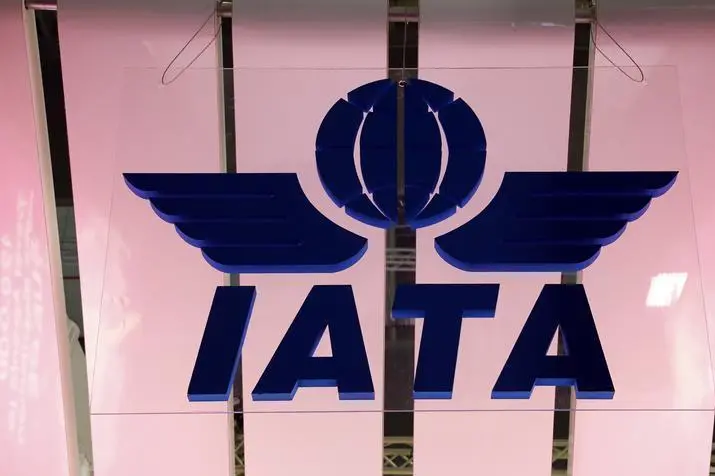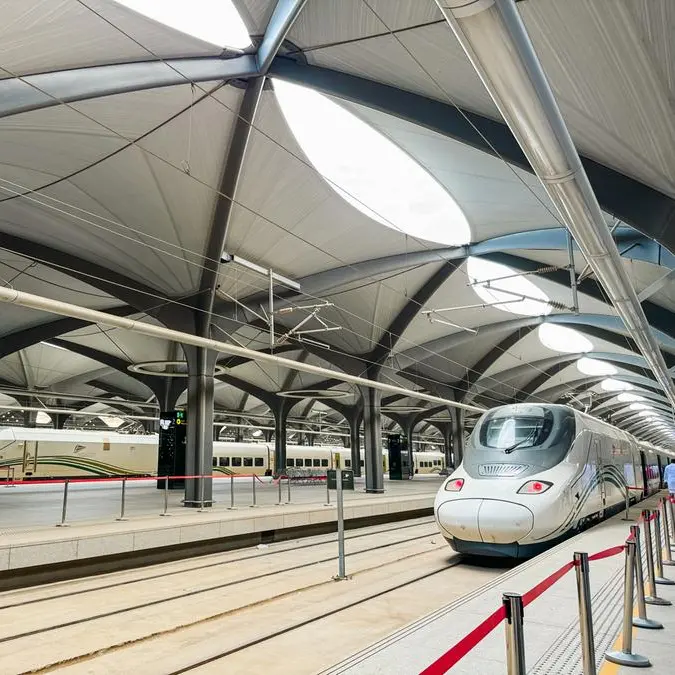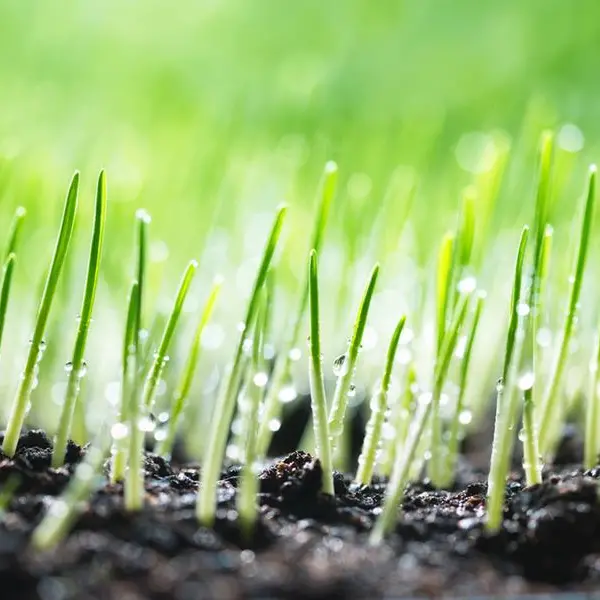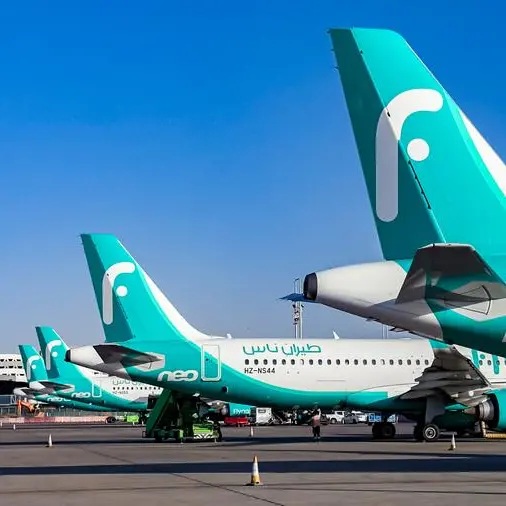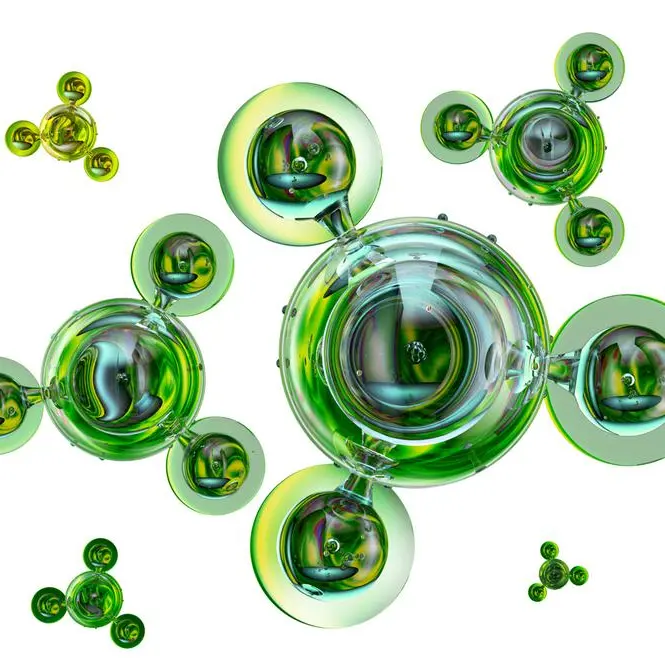PHOTO
Sustainable Aviation Fuel (SAF) production worldwide will grow exponentially by 2030 but governments will have to offer additional support in terms of production incentives, the International Air Transport Association (IATA) said.
All of aviation’s SAF supply will be derived from biofuel refineries that also produce renewable biodiesel and biogas.
“Although their refining capacity is set to grow by over 400 percent by 2025 compared to 2022, the challenge for aviation is to secure its supply of SAF from this capacity,” the airline trade body said, calling for governments to set SAF production incentives similar to ones for biogas and biodiesel.
SAF production will hit at least 300 million litres in 2022, a 200 percent increase year-on-year, it estimated. On a more upbeat note, total production could reach 450 million litres in 2022.
Both scenarios position the SAF industry on the verge of an exponential capacity and production ramp-up toward an identified tipping point of 30 billion litres by 2030, with the right supporting policies.
Airlines are committed to achieving net zero CO2 emissions by 2050 and see SAF as a key contributor. Current estimates anticipate SAF to account for 65 percent of the mitigation needed, requiring a production capacity of 450 billion litres annually in 2050.
“There was at least triple the amount of SAF in the market in 2022 than in 2021. And airlines used every drop, even at very high prices! If more was available, it would have been purchased,” said IATA’s Director General Willie Walsh.
Governments, who now share the same 2050 net-zero goal, need to put in place comprehensive production incentives for SAF, he said, stating this transition is required for aviation to decarbonise.
To date, over 450,000 commercial flights have been operated using SAF.
The growing number of airlines signing offtake agreements with producers sends a clear signal to the markets that SAF is needed in larger quantities, with around 40 offtake agreements announced so far in 2022, IATA said.
A white paper issued in June 2022 by the Forum's Clean Skies Tomorrow initiative, in collaboration with the UAE Ministry of Energy and Infrastructure and ICF International indicated that it would be feasible for the UAE to produce as much as 11 million tonnes of Power-to-Liquids SAF by 2050, equivalent to approximately 70 percent of national jet fuel consumption.
(Writing by P Deol; Editing by Anoop Menon)
